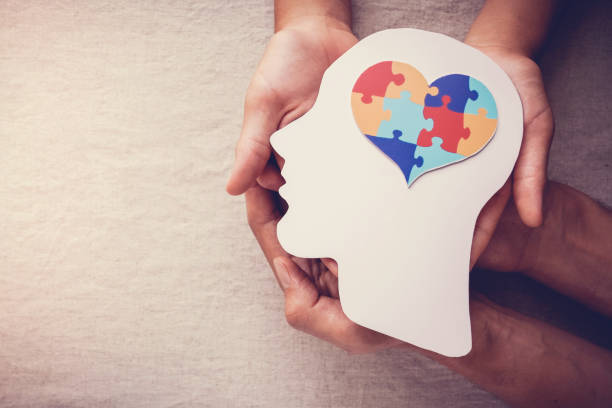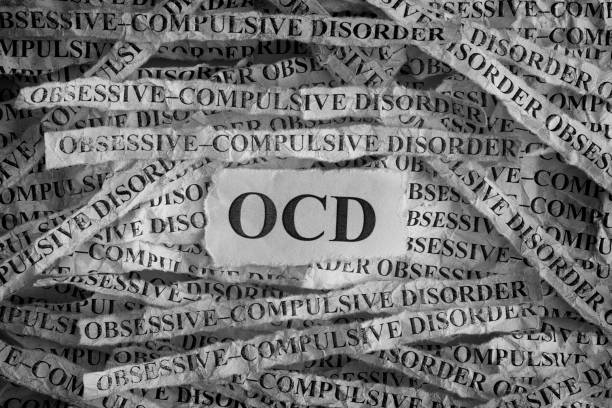Mental health is a crucial component of overall well-being that affects how we think, feel, and behave. It influences our ability to manage stress, relate to others, and make decisions. Despite its importance, mental health is often overlooked or stigmatized, leading to inadequate support and care for those in need. This article explores the significance of mental health, common mental health conditions, the impact of mental well-being on daily life, and practical strategies for maintaining and improving mental health.

The Importance of Mental Health
- Emotional Well-being:
- Emotional Balance: Good mental health allows individuals to experience a range of emotions without being overwhelmed by them. It helps in maintaining a stable mood and a positive outlook on life.
- Resilience: Strong mental health supports resilience, enabling individuals to cope with life’s challenges, recover from setbacks, and adapt to change.
- Behavioral Functioning:
- Productivity: Mental well-being is linked to higher productivity and efficiency at work or school. It enhances focus, motivation, and the ability to set and achieve goals.
- Interpersonal Relationships: Positive mental health fosters healthy relationships by improving communication, empathy, and social skills.
- Physical Health:
- Holistic Health: Mental health and physical health are interconnected. Poor mental health can contribute to physical health issues such as chronic pain, cardiovascular disease, and weakened immune function.
- Self-Care: Maintaining good mental health encourages healthy behaviors, such as regular exercise, balanced nutrition, and adequate sleep.
Common Mental Health Conditions
- Anxiety Disorders:
- Generalized Anxiety Disorder (GAD): Characterized by excessive and uncontrollable worry about various aspects of life. Symptoms include restlessness, fatigue, and difficulty concentrating.
- Panic Disorder: Involves recurrent panic attacks—intense periods of fear or discomfort accompanied by physical symptoms such as heart palpitations, sweating, and trembling.
- Depressive Disorders:
- Major Depressive Disorder (MDD): Affects mood, energy levels, and daily functioning. Symptoms include persistent sadness, loss of interest in activities, and changes in appetite and sleep patterns.
- Bipolar Disorder: Involves extreme mood swings between manic (high) and depressive (low) episodes, affecting energy levels, behavior, and cognitive functioning.

- Obsessive-Compulsive Disorder (OCD):
- Obsessions and Compulsions: Characterized by persistent, intrusive thoughts (obsessions) and repetitive behaviors or mental acts (compulsions) performed to alleviate anxiety.
- Post-Traumatic Stress Disorder (PTSD):
- Trauma Response: Develops after exposure to a traumatic event. Symptoms include flashbacks, nightmares, severe anxiety, and avoidance of reminders related to the trauma.
- Eating Disorders:
- Anorexia Nervosa: Involves an intense fear of gaining weight and a distorted body image, leading to restrictive eating and extreme weight loss.
- Bulimia Nervosa: Characterized by binge eating followed by purging behaviors, such as vomiting or excessive exercise, to prevent weight gain.
The Impact of Mental Health on Daily Life
- Daily Functioning:
- Work and School: Mental health issues can impact concentration, decision-making, and overall performance in work or academic settings.
- Self-Care: Challenges in maintaining mental health can affect personal hygiene, meal preparation, and other aspects of daily self-care.
- Social Interactions:
- Relationships: Mental health conditions can strain relationships with family, friends, and colleagues due to misunderstandings, social withdrawal, or difficulty in communication.
- Isolation: Individuals with mental health issues may experience social isolation, reducing their participation in social activities and support networks.
- Quality of Life:
- Enjoyment: Poor mental health can diminish the ability to enjoy life, participate in hobbies, and engage in fulfilling activities.
- Overall Well-being: Long-term mental health issues can lead to chronic stress, affecting overall well-being and life satisfaction.
Strategies for Maintaining and Improving Mental Health
- Self-Care Practices:
- Regular Exercise: Engage in physical activities such as walking, jogging, or yoga to boost mood and reduce stress.
- Balanced Diet: Eat a nutritious diet rich in fruits, vegetables, whole grains, and lean proteins to support mental and physical health.
- Adequate Sleep: Aim for 7-9 hours of quality sleep each night to improve mood, cognitive function, and overall health.

- Stress Management:
- Mindfulness and Relaxation: Practice mindfulness techniques, meditation, or deep breathing exercises to manage stress and promote relaxation.
- Time Management: Prioritize tasks, set realistic goals, and take breaks to reduce stress and prevent burnout.
- Social Support:
- Build Connections: Maintain relationships with friends, family, and support networks. Social support can provide comfort, advice, and encouragement.
- Seek Professional Help: Consult mental health professionals, such as therapists or counselors, for support, guidance, and treatment for mental health conditions.
- Healthy Coping Mechanisms:
- Hobbies and Interests: Engage in activities that bring joy and fulfillment, such as hobbies, creative pursuits, or volunteering.
- Set Boundaries: Establish boundaries between work and personal life to prevent overcommitment and maintain balance.
- Education and Awareness:
- Learn About Mental Health: Educate yourself about mental health issues to better understand and support yourself and others.
- Advocate for Mental Health: Support mental health awareness initiatives and promote the importance of mental well-being in your community.
Conclusion
Mental health is a fundamental aspect of overall well-being, impacting our emotional balance, daily functioning, and quality of life. By recognizing the importance of mental health and understanding common conditions, individuals can take proactive steps to maintain and improve their mental well-being. Embracing self-care practices, managing stress, seeking social support, and staying informed about mental health can help foster a healthier, more fulfilling life. Prioritizing mental health is essential for achieving a balanced and resilient lifestyle, leading to greater happiness and productivity.

